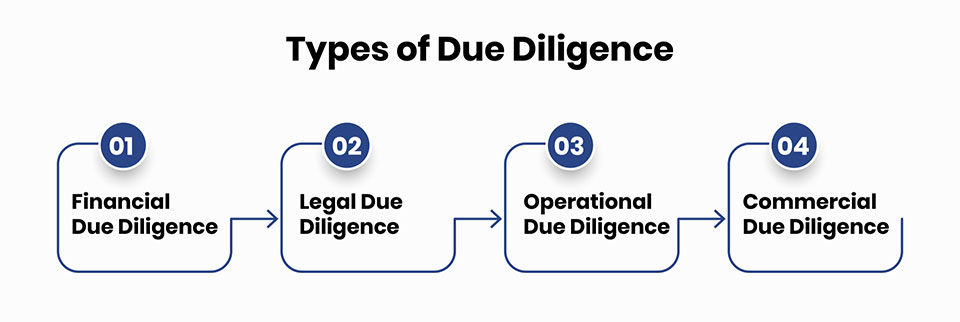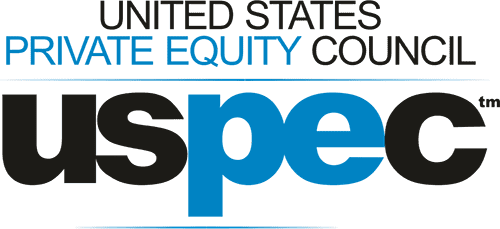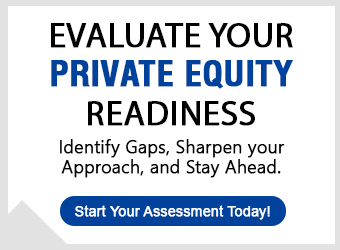Introduction
Due diligence in private equity plays an important role in the process by which investors look into and evaluate the applicable companies before they share their money with them to make the right decisions and reduce the risks. This process consists of a detailed analysis of the company's financial statements, legal stances, comprehensive operations, and commercial aspects just to name a few. Such meticulousness is vital as it provides investors with the necessary tools to assess the investment's strengths, weaknesses, opportunities, and threats. By diligently conducting comprehensive and professional due diligence, investors can uncover concealed risks, validate assertions, and consequently comprehend the ramifications for value creation.
In this walkthrough, the reader is led through a proper procedure of how to conduct the due diligence strategy for private equity, different types of due diligence are presented and the best practices to advance the process.
Types of Due Diligence
The process of private equity due diligence generally involves two things— conducting various types of examinations to be confident about investment decisions and to eliminate potential risks. Understanding these types is crucial for conducting thorough due diligence:

-
1. Financial Due Diligence
Financial due diligence is an extensive analysis of the financial status of the company being evaluated. It comprises the approach of fiscal statements, cash flow, gross income, and key financial factors. To do this, we'd look into the company's past, determine the risks it may face, and evaluate the financial strength the company has. Investors can analyze financial functionality by conducting rigorous due diligence, leading to more confident and well-made decisions and, in consequence, gaining the maximum profit.
-
2. Legal Due Diligence
The legal due diligence process focuses on evaluating the target company's legal compliance with its affairs and proactively discovering the likely legal risks and issues that may be disastrous for the investment. This means turning over the contracts, deals, court papers, submissions and emissions, and intellectual property rights. Legal due diligence helps investors understand the potential legal pitfalls of the investment and enables them to adopt proper measures to avoid fines and fulfill the deal.
-
3. Operational Due Diligence
Operational due diligence is a critical part of private equity investment whose focus is on assessing the target company's operational scaling and capability of the management team. It consists of a thorough analysis of a range of operational issues including but not limited to supply chain management, production processes, and organizational structure. Operational due diligence enables investors to evaluate the organization’s competence to execute its policy and attain its strategic objectives.
-
4. Commercial Due Diligence
Commercial due diligence embodies assessing the target company's market position, competitive environment, customers, and growth prospects. Such a thorough assessment process is carried out through a market analysis. It entails identifying consumer trends, competition, and the available market prospects. The commercial due diligence process helps a buyer find out how strong the target company is competitively and the range of its growth perspectives and discover problems that may be blocked in the market.
Conducting Due Diligence Properly
Performing due diligence for private equity investment is a quite rigorous procedure where you are supposed to implement a sequence of clear step-by-step actions to provide the record with the least room for errors. To ensure the effectiveness of the due diligence process, several key steps should be followed:
-
1. Establishing Clear Objectives
Before carrying out a thorough examination, the first thing to do is identify what the aims and objectives are. This encompasses the aim of due diligence, be it to capacitate the identification of the target company’s potential risks, assess its valuation, or forecast its growth possibilities. A precise definition of objectives makes due diligence efficient and lets us ask the right questions and, of course, get the right answers during the process.
-
2. Bringing together the Diligence Team
Due diligence as a common process implies the involvement of different experts. The primary thing that should be done before the creation of a company is to select a diligent team whose members have different types of skills and capacities. Team personnel should be from among different finance, law, operations, etc. experts. A team will be more effective if the communication skills and the ability to collaborate among team members are strong enough to enable a closer examination of all aspects of the due diligence process.
-
3. Thorough Documentation
Documentation is the most significant element of due diligence. Recording the details of all the findings, analyses, and dialogues is very crucial. The records of the due diligence process that have been presented are not only monuments of proper due diligence but also tools for making informed decisions. Information confidentiality and safety are primary requirements, and all records should be securely kept.
-
4. Utilizing Technology
Technology integration during the due diligence can improve the process by adding efficiency, as well as diminishing potential human error. Multiple tools including software can be used and several solutions can be derived for data analysis, risk assessment, and information management. These tools can facilitate speedy and thorough due diligence phases, thanks to the in-depth study and the availability of faster decision-making.
Challenges and Best Practices in Private Equity Due Diligence
Common Challenges in Due Diligence
In the intricate landscape of private equity due diligence, several challenges can impede the process:
-
Time Constraints: Normally companies with strong buy-side and listing situations work under the pressure of a shortening period, which is called due diligence. The problem here is that you may not be able to explore the content as fully and do an in-depth assessment.
-
Limited Access to Information: Getting information about the targeted company will be difficult due to the insufficient and unreliable sources of data. Organizations may decide to only provide limited information, or the data might be either outdated or complete which can impede the due diligence process.
-
Overcoming Biases and Assumptions: Preset views or prejudices will lead to a biased financial review of potential investments. To be able to remain objective and to the critical judgment of information with the sway of biases is a critical factor.
Best Practices for Effective Due Diligence
Navigating these challenges requires the implementation of best practices to ensure thorough and effective due diligence:
-
Thorough Research and Analysis: Conducting in-depth and pragmatic research and analysis is an indispensable step. Part of this process involves reviewing financial documents, trends in the market, competitors' analyses and industry data to ensure completeness of the information.
-
Engaging with Key Stakeholders: Cooperating with most of the important factors including key management team members, industry experts, and advisors as part of due diligence is enabled. Their viewpoints, on the contrary, may form a reliable information channel and help to solve misinterpretation.
-
Continuous Evaluation and Adaptation: Due diligence is not about a checklist- but the dynamic process of continuous evaluation and adapting. Assessing and adjusting due diligence strategies regularly, with fresh data and keen eyes on the increasingly fast-changing scenario, is the key step for mitigating the risks and capturing the benefits.
Conclusion
Knowledge of private equity due diligence is beyond all doubt the key to success when it comes to making investments. Through an approved due diligence screening based on financial, legal, general, and ESG investing aspects, the investors will be able to minimize risks and maximize returns. Achieving definite goals, assembling a talented team, and using the existing technology are the major aspects of successfully carrying out the diligence exercise. While time limitations and incomplete information are issues that need to be circumvented, best practices constitute a means to proper due diligence. Determining the way and necessary credible milestones is one of the core factors in overcoming the dynamic environment of private equity investments.
However, an exhaustive due diligence process remains an indispensable component of investment decision-making and, in the long run, ensures investors’ success in the Private Equity field.







